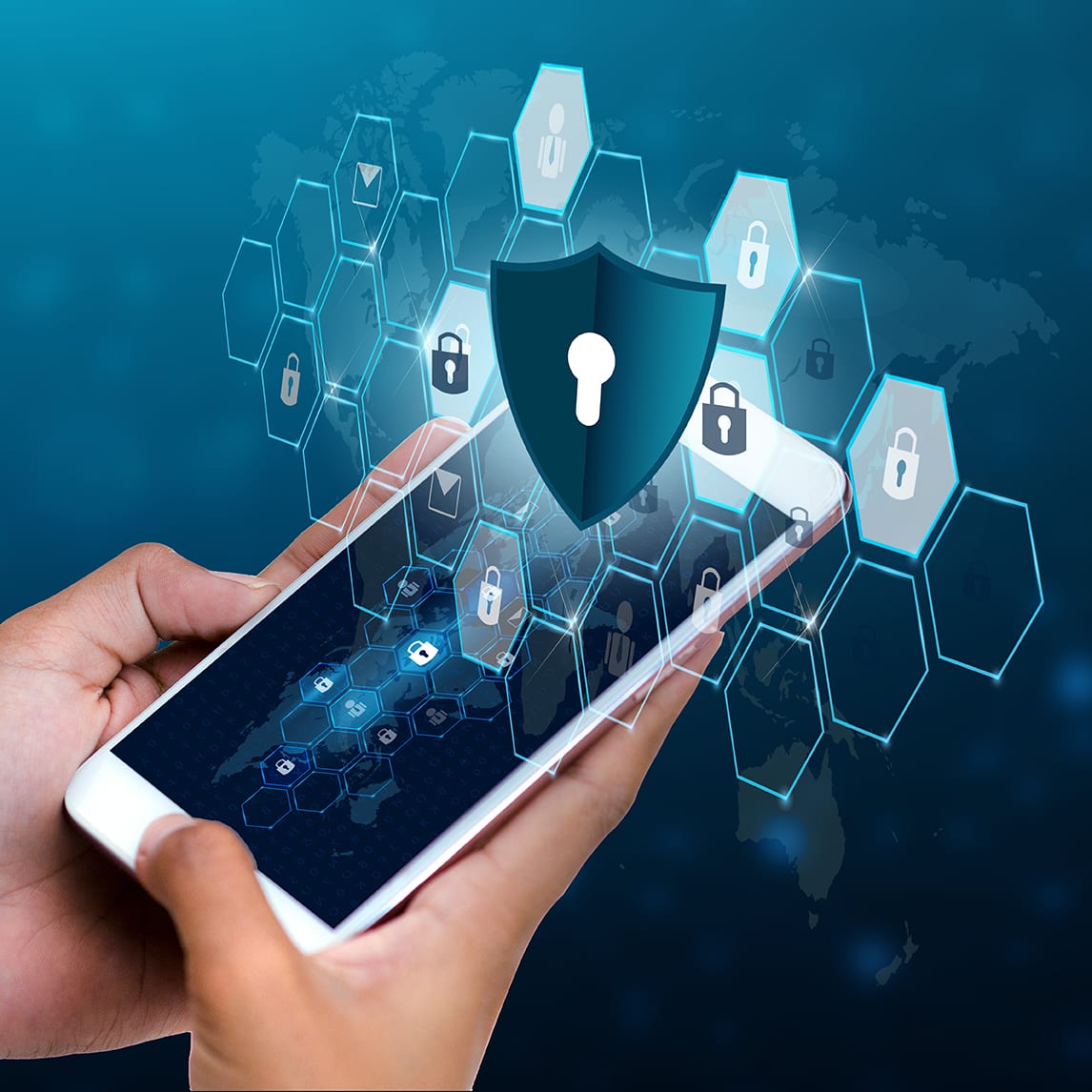Fraud Resources

Fraud Resources
With the prevalence of fraud and online scams in today’s ever-changing world, it’s important to stay aware of your online security and the steps to take if your information becomes compromised. Look below for some helpful tips about what to do next if your information, accounts, or identity security is in question.

MY IDENTITY WAS STOLEN – NOW WHAT?
What Should You Do if Your Identity is Stolen?
If you are ever a victim of identity theft, figuring out how to handle it is the first step, and that’s often a big step. First, report the crime to your local police, your financial institution and the FBI. These groups can work together to try and shut down further criminal activity. Once you report the crime you will need to establish a recovery plan. Below are links to a few helpful websites that assist you in filing a complaint about an internet crime, reporting identity theft and establishing a recovery plan.
- FBI Internet Crime Complaint Center (IC3) – www.ic3.gov
This site helps you file a complaint with the FBI about an internet crime - Federal Trade Commission (FTC) – www.identitytheft.gov
This site helps report identity theft and establish a recovery plan
Once you have completed filing, here’s additional steps to take:
- Contact all your financial institutions immediately so they can protect your existing accounts by closing them or by adding security measures. Be sure to do this for all your accounts that may be at risk, including bank accounts, credit cards, investment accounts and Social Security.
- Contact the three major credit bureaus to place a fraud alert on your credit file. The alert requests that creditors contact you before opening any new accounts. You can also order a credit report to identify any additional fraudulent activity.
- Contact every company that has an account in your name (including, if necessary, phone companies and other utilities) and alert them to what is happening. They should have protocols to protect your account from being used fraudulently.
- Keep good records, including copies of every communication with creditors and credit reporting agencies, as you try to repair the problem.
- File a police report. Get multiple copies of the report to submit to your creditors and others that may require proof of the crime.
- File a complaint with the Federal Trade Commission. The FTC maintains a database of identity theft cases that law enforcement agencies use for investigations. Trained counselors are available to help victims.

LEARN ABOUT COMMON SCAMS
While scammers consistently work to advance their techniques and stay ahead of the education consumer, there are a variety of scams that seem to always pop back up.
Stay ahead of fraudsters by staying educated on the top scams happening in your area and how to stop (and stop!) them in their tracks.
Visit our Fraud Prevention landing page to learn more typical scams, including:
- ATM Skimming
- Account Takeover Scams
- Common Text Messaging Scams
- Contests & ‘Get Rich Quick’ Scams
- Phishing Emails
- Romance Scams
To learn how to spot common fraud tactics, visit ZealCU.org/Fraud-Prevention by clicking the link below.



